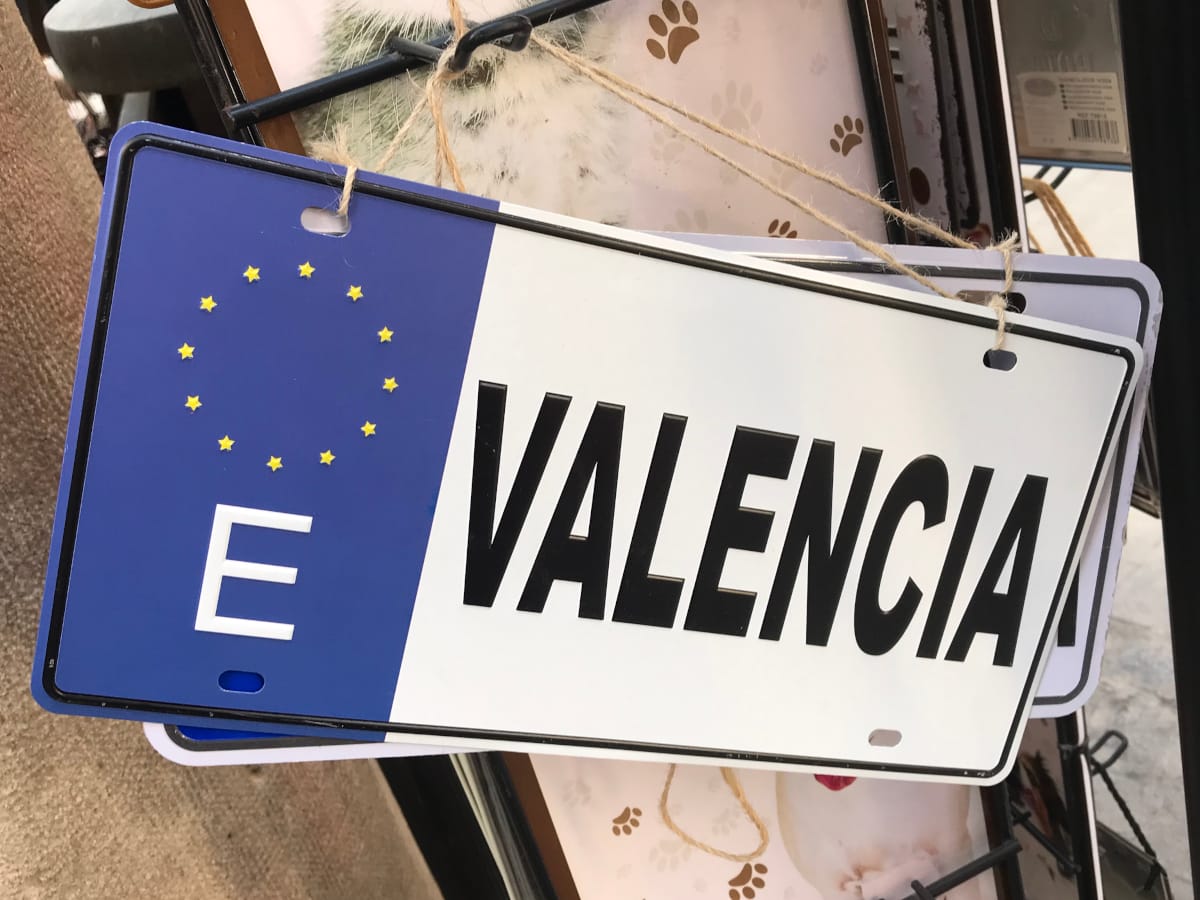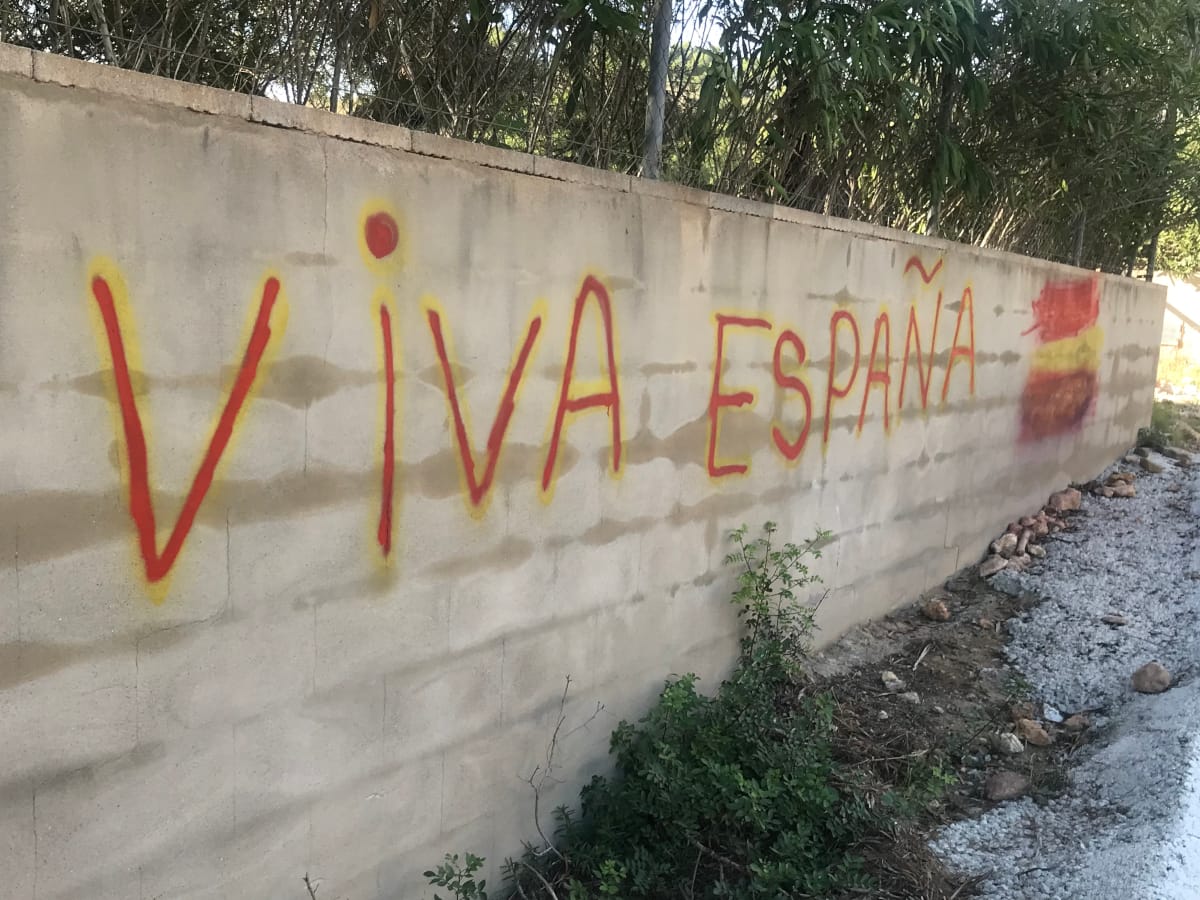The big day has arrived. You’ve struggled through the visa process and are now approved. It’s Go Time! But now what? After arriving, there are a myriad of decisions that still need to be made. Habits you took for granted now have to be redone, relearned. And the way you did it before is not necessarily the way it will be done going forward.
Choices you made before arriving in your new country are now your signposts. For those on a business assignment, where the company is footing the bill, this isn’t as big as a deal. For those self-funded retirees, such as myself, get ready to learn and be flexible in your new routine.
“I can’t think of anything that excites a greater sense of childlike wonder than to be in a country where you are ignorant of almost everything…”
Bill Bryson
This article is based on a sample size where N=1. In other words, my own personal experience. In case this can help someone else, I’m sharing my learning experiences. As a background, this wasn’t my first time abroad. I lived and studied for two years in Rome, Italy. And before you ask, “No, I didn’t become fluent in Italian.” At least, I was able to get by for my day-to-day needs. And the university was helpful in many ways, such as locating a place to live, alerting me to bureaucratic deadlines, and getting health insurance as part of my student visa.

After three years here my Spanish is not great, but passable. Dealing with the Spanish officialdom does at times leave me perplexed. So, for things such as visa renewal, taxes, apartment rental contracts, I rely on professional (gestor) help.
It’s money well spent to sleep at night after you’ve made a decision plus it eliminates those extra trips to a crosstown office because you didn’t know you needed an extra document or another appointment. Appointments are really big here to access governmental services, so get used to online portals.
How the past fashions the future
Previous decisions, such as living in a city with a transportation network or in the countryside needing a vehicle will impact your experience. For me, I eschew having a car and now live in Valencia proper, within walking distance of most places of interest. Valencia, though Spain’s third largest city, is very compact. I’ve noted, with moderate hyperbole, that you can walk from end to end in an hour. But using Valencia’s fantastic public transportation system with the Metro, buses, and, if an emergency arises, the readily available cabs speeds that up. And there are numerous rent-a-bike stands to get you from point A to B.
As a prerequisite for the visa, you probably purchased private health insurance. The question then is “Where do I go if I need a medical visit?” Here, the language difficulty could raise barriers. Yes, there are many medical professionals that speak English. However, I sat in the clinician’s office as she opened the Google Translate page and we typed in what we needed to know or ask. Now, I take a pre-printed page, translated into Spanish, with notes about what the visit is about – just in case. What’s a nice surprise, for me, is that much of the medical jargon or terms are Latin based, so if you’ve seen the word in your English-language report, it’s probably similar in Spanish.

The same is true for veterinary services. Bring the previously acquired animal documents from the U.S. to the first appointment.
Planning is key. I armed myself with some technical terms and phrases in Spanish. Through use of pointing and translator apps, the cats received their E.U. (pet) passports.
For humans, it’s good news, bad news. Medicines here are a lot cheaper in the farmacia than in the U.S. However, most insurance plans don’t cover them, so plan on paying out of pocket. Sometimes, you can get away with a U.S. prescription, but don’t count on it. Hopefully you’ve researched if the medicines you need are available here. And if they aren’t, work with your local medical provider to find a good substitute. Pre-existing conditions generally aren’t covered for at least a year.
But you’re here now, so congratulations for surmounting the difficulties.
It’s an evolutionary process

Building your new lifestyle requires some trial and error. Mundane tasks such as finding a hair stylist or barber do take some effort. There seems to be a “Peluquería y Estética” on every corner, but the hours vary a great deal. Hint: Look at the clients or pictures posted in the window. Walking by some of the hairstyling places, I’ve seen fades, dye jobs, or Mohawks shown in pictures in the windows. Keep looking if that’s not your style.
Going to the supermarket has its own learning curve. If you have a favorite food, check ahead to research its availability in Spain. With globalism, many products are on the shelves here. It’s just a matter of educating yourself on the layout of the various stores. When I lived in Rome twenty-plus years ago, the item I missed most was peanut butter.

Fortunately, there was a nearby shop that carried “foreign food,” which, for a price, provided the gooey goodness. The same goes here. There are tiendas that specialize in a limited array of U.S. foods – for better or worse – at a markup over their U.S. prices. For those gotta-have niche products, you may have to ask friends and family who visit you to act as tranportation agents.
Ask for help; someone has faced this issue before
Expat groups on Facebook and other social media abound. These forums discuss many of the issues you’ll be facing in your new home. Sometimes it’s as simple as searching within the group’s previous posts to find the answer. Other times, asking the question for the first time helps others, too. As a bonus, there are meet-up events, so you’re not isolated while getting acquainted with your surroundings.
Here are a few FB groups I follow

- Americans in Valencia Spain (https://www.facebook.com/groups/AmericansInValencia/)
- Americans living in Valencia (https://www.facebook.com/groups/105539592820270/)
- Those with school-aged children, there’s Expat Family in Valencia, Spain (https://www.facebook.com/groups/601266877009538/)
- American in Spain (https://www.facebook.com/groups/AmericaninSpain/)
The list is by no means exhaustive, but look around, there’s usually something for everyone. However, a note of caution here. Beware of any Direct Message (DM) offering goods or services in response to a question. The pages’ administrators try to weed out the scams, but they do get through on occasion. And if it’s something with major consequences, such as taxes, get professional advice instead of some FB rando.
If it was easy, everyone would do it
Overall, moving abroad is a work in progress. Some days I think I’m getting it, starting to fit in. Then a dose of reality makes me realize I’ve still got a lot to learn. Even after you arrive at your destination, life’s journey continues.



Leave a Reply